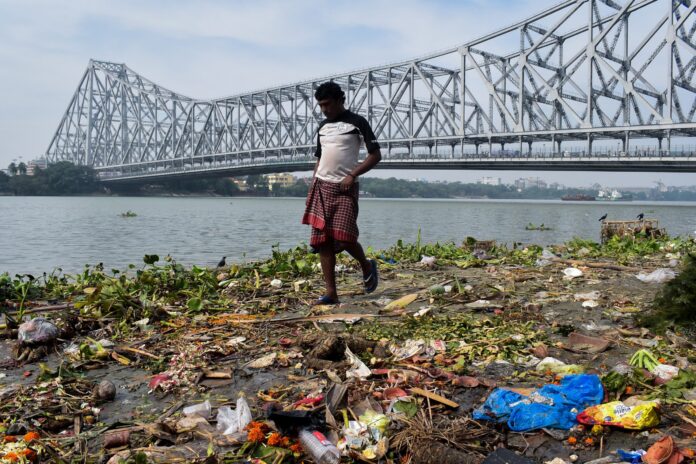Source: MakeLemonade.nz
Te Whanganui-a-Tara – More than 90 percent of the plastic waste in the oceans is discharged by just 10 rivers.
Small, innovative businesses are deploying low-cost, low-tech solutions to capture plastic from rivers.
About 8 million metric tonnes of plastics waste in New Zealand end up in the ocean every year. The average New Zealander uses about 31kg of plastic packaging each year.
Protecting ocean ecosystems from plastic pollution is one of the defining environmental imperatives of the time.
The sheer scale of the challenge is daunting. The UN says eight million tonnes of plastic waste end up in the oceans every year, and forecasts suggest this could double by 2025 if drastic action is not taken. The UN says most of the ocean plastic is being swept into the seas from just 10 of the world’s great river systems.
The statistics seem overwhelming, adding to a sense of a task so monumental, it could be impossible to achieve.
But a number of companies have sprung up to tackle the problem at source. They’re bringing low-tech but innovative solutions that are already making a big difference.
The scale of plastic pollution in the Mekong River in Vietnam is staggering.
A company has applied a principle of locally built, low-tech and low-cost system like a floating barrage that is stretched across the river to capture plastic waste as the current takes it downstream.
The company, Plastic Fischer, plans to rapidly scale up deployments in Indonesia, Viet Nam and India. It will make the technology open source, to increase opportunities to capture plastic in rivers around the world.
Another company bringing an innovation mindset to the problem of ocean plastic is Finland’s RiverRecycle.
The business aims to install 500 cleaning and recycling points on the rivers that discharge the most plastic pollution into oceans. Communities hosting the company’s technology benefit not only from a cleaner environment, but also from new jobs created to service the recycling process.
Having 500 operational systems in place will take more than three million tonnes of waste out of the environment every year, while injecting over $US300 million into host communities and providing enhanced income to more than 400,000 people, the company says.
RiverRecycle says it recognises that hauling plastic out of rivers is only the first stage of a much wider process.
As well as helping communities effectively manage plastic waste, it says its technology can offer safe and fair work and help to stimulate the economy by involving companies who will buy the end products of the river cleaning and recycling system.
RiverRecycle’s projects include a facility on the Mithi River in Mumbai, India.
Plastic collected from the river is fed into a chemical recycling facility, creating value from waste that would otherwise end up in the ocean or the local environment.



